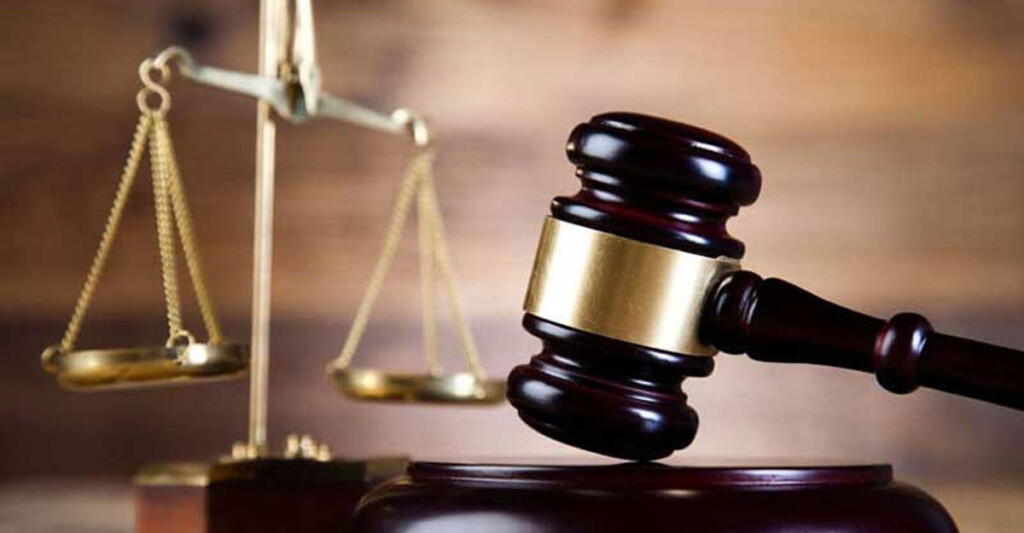Sudan and int’l activists call for UN investigation for ‘futureproof justice’

Gavel and scales (File photo)
GENEVA / KHARTOUM –
The African Centre for Justice and Peace Studies (ACJPS), in concert with a range of Sudanese and non-Sudanese civil society and humanitarian organisations, called for a comprehensive cessation to the unfolding crisis in Sudan yesterday, requesting that the United Nations High Commissioner for Human Rights organise an independent investigation.
ACJPS’s mandate for an urgent operational independent inquiry mechanism to be launched in Sudan was supported by 93 activist organisations. In their mandate, they outlined that the investigation comprise of three existing human rights experts for a period of at least one year. They called on Member and Observer States of the United Nations to convene for a special session of the UN Human Rights Council.
According to them, a thorough investigation should be conducted into the alleged human rights and international humanitarian law violations, as well as “related crimes committed by all parties in Sudan since the 25 October military coup in 2021”. They state that it is imperative that crimes of a “possible gender dimension”, must be investigated “with a view to prevent a further deterioration”.
Their mandate was especially vociferous in the matter of establishing measures ensuring futureproofing both accountability and restorative justice. They state guarantees must be made for the “authors of these violations and abuses to be held accountable for their acts and to end the cycle of impunity in Sudan”.
In providing this, ACJPS state that the UN must integrate a “gender perspective and a survivor-centred approach throughout its work”.
The activists urged the adoption of a resolution that requests the UN High Commissioner for Human Rights to urgently adopt the proposed independent mechanism.
Following the suspension of humanitarian operations due to various aid workers being killed, as well as the near-impossible ground situation impeding their activity, local civil society networks and resistance committees have since provided aid.
“Neighbourhood committees in multiple locations have established emergency rooms to provide basic healthcare, given the closure of many hospitals,” according to the UN Office for the Coordination of Humanitarian Affairs (OCHA) in Sudan.
“Several committees are also supporting the coordination of civilian evacuations from areas that have been hardest-hit by the conflict.”
Read the full African Centre for Justice and Peace Studies statement here: Sudan – Urgently convene a special session and establish an investigative mechanism











 and then
and then